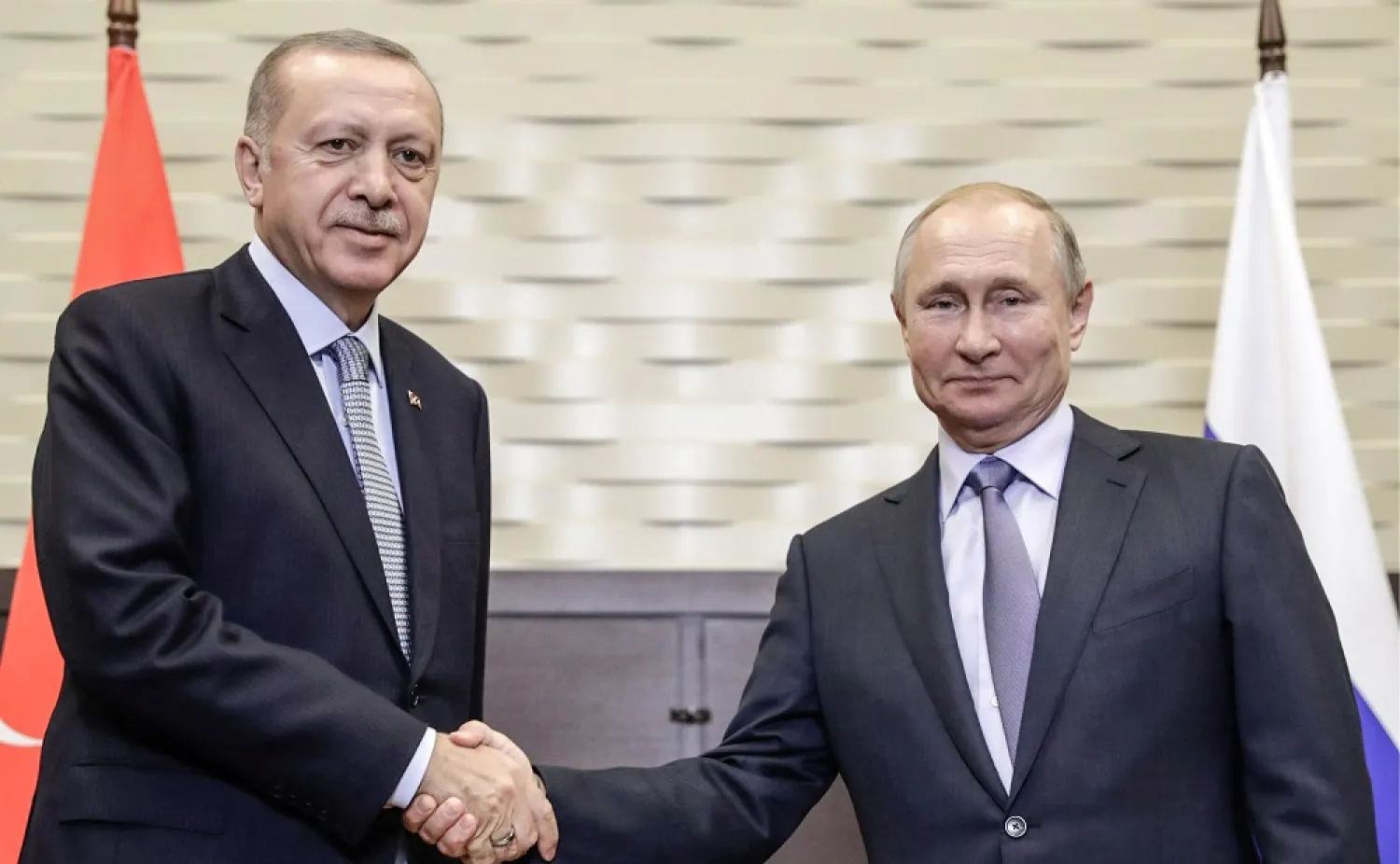Turkish President Recep Tayyip Erdogan has discussed Ankara’s planned military operation in northern Syria and the war in Ukraine with Russia’s Vladimir Putin, Erdogan’s office said Monday.
In recent days Erdogan has said Turkey will launch a cross-border incursion against Kurdish militants in Syria to create a 30-kilometer (19-mile) deep buffer zone. He told Putin in a phone call that the frontier zone was agreed in 2019 but had not been implemented, the Turkish presidency said.
Ankara carried out an operation against the People’s Protection Units (YPG) in October 2019. Russia, the Syrian regime and the United States also have troops in the border region.
Turkey consider the YPG to be a terrorist group linked to the outlawed Kurdistan Workers’ Party, or PKK, that has waged an insurgency against Turkey since 1984, leading to the deaths of tens of thousands of people.
However, the YPG forms the backbone of US-led forces in the fight against the ISIS group in Syria. The US has not been happy with Turkey's previous incursions into Syria.
Erdogan also told Putin that Turkey was ready to resume a role in ending the war in Ukraine, including taking part in a possible "observation mechanism" between Ukraine, Russia and the United Nations, the statement said.
Negotiations in Istanbul held in March failed to make any headway but Turkey, which has close ties to both Kyiv and Moscow, has repeatedly put itself forward as a possible mediator.
The Turkish president also called for peace in Ukraine as soon as possible and for confidence-building steps to be taken.









